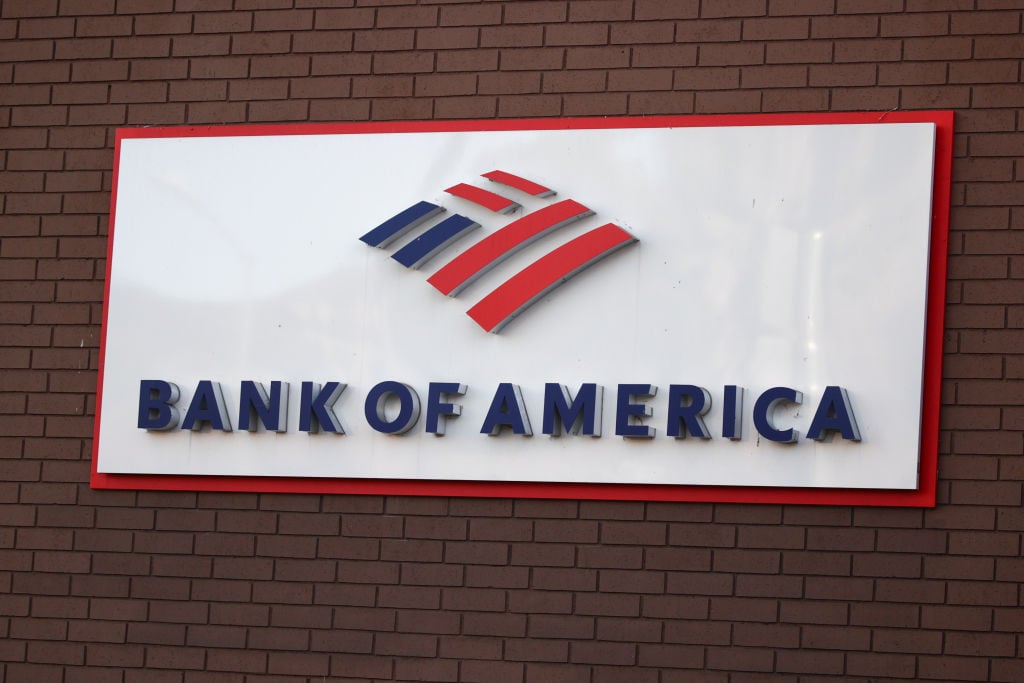The mortgage meltdown led to one of the worst financial crises that the nation has ever seen. Apparently, memories are short, because homeowners are lining up for the mortgages that got so many borrowers into trouble the last time around.
The trade publication Inside Mortgage Finance reports that after several years of seeing almost no activity, adjustable-rate mortgages have started gaining in popularity again. Over the past six months, the share of the total mortgage market that ARMs represent more than doubled from 2009 levels. At 13.4% of all mortgages, ARMs are in no danger of taking over the marketplace entirely -- but they do raise the question of whether borrowers are making a smart choice.
Deja vu all over again
During the housing boom, adjustable-rate mortgages fit perfectly with the mind-set that most homeowners had. Most ARMs offer fixed rates for an initial period of between one and five years, and then have their rates adjust to prevailing market conditions every year after that. With many speculators planning to hold their homes for periods of months rather than years, the idea of locking in a relatively high rate for 15 or 30 years didn't make much sense.
By contrast, rates on some ARMs were extremely low, especially from 2002 to 2004, when the Federal Reserve pushed interest rates to the floor in an effort to jump-start the economy after the 2001 recession. And because monthly payments were correspondingly lower, ARMs allowed more potential buyers to qualify for loans, boosting prospects for mortgage lenders like now-Bank of America (NYSE: BAC) owned Countrywide Financial, Wells Fargo-owned Wachovia, and the failed savings and loan Washington Mutual, whose assets JPMorgan Chase (NYSE: JPM) bought in a deal that the FDIC brokered.
But what eventually burned homeowners when the housing market went bust was that they weren't able to sell off their homes as quickly as they'd hoped. As a result, when initial teaser rates expired, they were stuck with much higher payments. And as home values plummeted, they couldn't sell for enough to pay off their mortgages. That created problems for the banks as well as mortgage insurers Radian Group (NYSE: RDN), MGIC Investment (NYSE: MTG), and the now-bankrupt Ambac Financial.
The new normal in housing
Now, as homeowners consider what kind of mortgage to get, they face an entire different market. Prices have already plummeted, so even though some still fear further deterioration in the housing market, the absolute magnitude of any future decline is much less than what buyers in 2006 and 2007 ended up suffering.
But unlike the mid-2000s, fixed mortgage rates are at record lows. The rate for a 30-year mortgage is at about 4%, while the average 5/1 ARM charges about 3%. That narrow 1-percentage-point spread doesn't give ARM borrowers much advantage over going the fixed-mortgage route.
Moreover, the risks involved are significant. With most ARMs, rates can rise significantly whenever the initial period expires. And with most analysts expecting that prevailing interest rates have nowhere to go but up, the near-term benefits of an ARM could end up costing borrowers far more in the long run, especially if any plans they have to sell before their rates rise prove overly optimistic.
But the Fed loves homeowners!
On the other hand, contrarians have a good reason to think that ARMs might be the better way to go: the Federal Reserve. Earlier this summer, the Fed promised to keep short-term rates low at least until mid-2013. Rates on ARMs usually follow indexes tied to short-term rates, so just like investors in mortgage REITs such as ARMOUR Residential (NYSE: ARR) and Chimera Investment (NYSE: CIM) that are banking on low costs for their leveraged investing strategies, ARM borrowers could well have the last laugh.
For homeowners who expect to live in their homes for a long time, though, the safer move is to lock in record-low rates on a fixed mortgage. Sure, you may end up paying more at first, but the security of knowing exactly how much you'll have to pay from now until 2041 is worth it. Just ask anyone who got a bad ARM surprise after the housing crash.
Learn more about getting the right mortgage by checking out the Fool's Home Center. You'll find a collection of useful articles on buying, selling, and financing the home you want.








